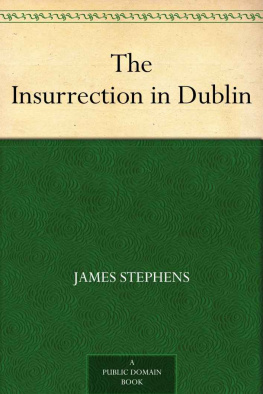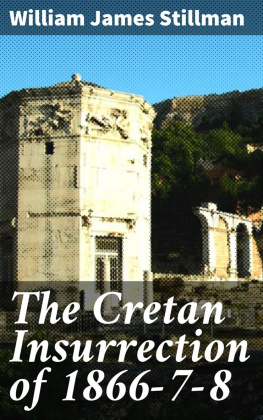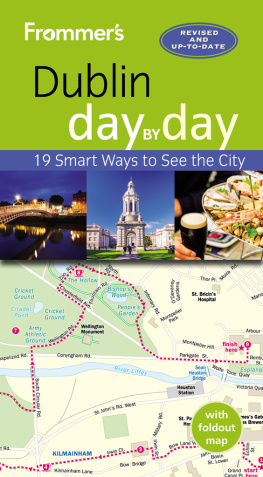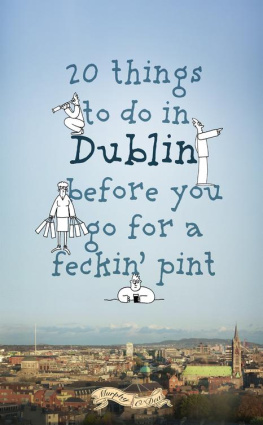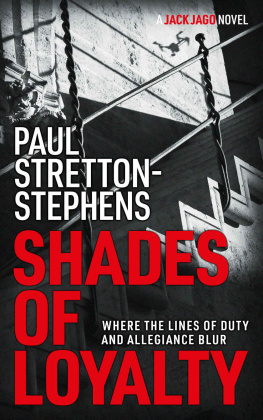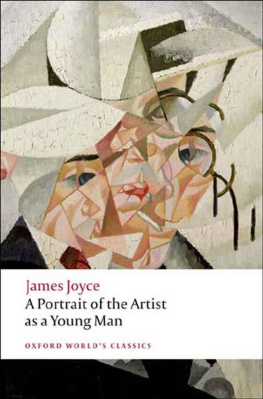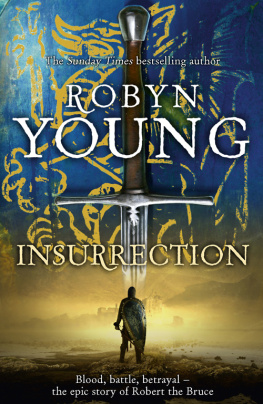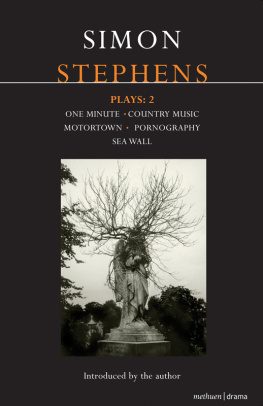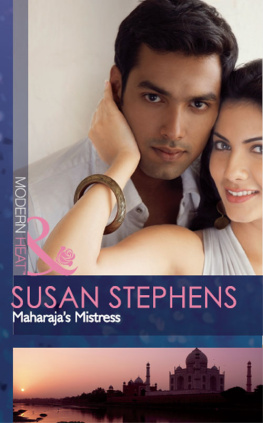James Stephens - The Insurrection in Dublin
Here you can read online James Stephens - The Insurrection in Dublin full text of the book (entire story) in english for free. Download pdf and epub, get meaning, cover and reviews about this ebook. City: Dublin, year: 1916, publisher: Maunsel & Company, genre: Non-fiction / History. Description of the work, (preface) as well as reviews are available. Best literature library LitArk.com created for fans of good reading and offers a wide selection of genres:
Romance novel
Science fiction
Adventure
Detective
Science
History
Home and family
Prose
Art
Politics
Computer
Non-fiction
Religion
Business
Children
Humor
Choose a favorite category and find really read worthwhile books. Enjoy immersion in the world of imagination, feel the emotions of the characters or learn something new for yourself, make an fascinating discovery.
- Book:The Insurrection in Dublin
- Author:
- Publisher:Maunsel & Company
- Genre:
- Year:1916
- City:Dublin
- Rating:4 / 5
- Favourites:Add to favourites
- Your mark:
- 80
- 1
- 2
- 3
- 4
- 5
The Insurrection in Dublin: summary, description and annotation
We offer to read an annotation, description, summary or preface (depends on what the author of the book "The Insurrection in Dublin" wrote himself). If you haven't found the necessary information about the book — write in the comments, we will try to find it.
The Insurrection in Dublin — read online for free the complete book (whole text) full work
Below is the text of the book, divided by pages. System saving the place of the last page read, allows you to conveniently read the book "The Insurrection in Dublin" online for free, without having to search again every time where you left off. Put a bookmark, and you can go to the page where you finished reading at any time.
Font size:
Interval:
Bookmark:
PROSE THE CHARWOMANS DAUGHTER (Macmillan) THE CROCK OF GOLD " HERE ARE LADIES " THE DEMI-GODS "
| MONDAY |
| TUESDAY |
| WEDNESDAY |
| THURSDAY |
| FRIDAY |
| SATURDAY |
| SUNDAY |
| THE INSURRECTION IS OVER |
| THE VOLUNTEERS |
| SOME OF THE LEADERS |
| LABOUR AND THE INSURRECTION |
| THE IRISH QUESTIONS |
The day before the rising was Easter Sunday, and they were crying joyfully in the Churches "Christ has risen." On the following day they were saying in the streets "Ireland has risen." The luck of the moment was with her. The auguries were good, and, notwithstanding all that has succeeded, I do not believe she must take to the earth again, nor be ever again buried. The pages hereafter were written day by day during the Insurrection that followed Holy Week, and, as a hasty impression of a most singular time, the author allows them to stand without any emendation.
The few chapters which make up this book are not a history of the rising. I knew nothing about the rising. I do not know anything about it now, and it may be years before exact information on the subject is available. What I have written is no more than a statement of what passed in one quarter of our city, and a gathering together of the rumour and tension which for nearly two weeks had to serve the Dublin people in lieu of news. It had to serve many Dublin people in place of bread.
To-day, the 8th of May, the book is finished, and, so far as Ireland is immediately concerned, the insurrection is over. Action now lies with England, and on that action depends whether the Irish Insurrection is over or only suppressed.
In their dealings with this country, English Statesmen have seldom shown political imagination; sometimes they have been just, sometimes, and often, unjust. After a certain point I dislike and despise justice. It is an attribute of God, and is adequately managed by Him alone; but between man and man no other ethics save that of kindness can give results. I have not any hope that this ethic will replace that, and I merely mention it in order that the good people who read these words may enjoy the laugh which their digestion needs.
I have faith in man, I have very little faith in States man. But I believe that the world moves, and I believe that the weight of the rolling planet is going to bring freedom to Ireland. Indeed, I name this date as the first day of Irish freedom, and the knowledge forbids me mourn too deeply my friends who are dead.
It may not be worthy of mention, but the truth is, that Ireland is not cowed. She is excited a little. She is gay a little. She was not with the revolution, but in a few months she will be, and her heart which was withering will be warmed by the knowledge that men have thought her worth dying for. She will prepare to make herself worthy of devotion, and that devotion will never fail her. So little does it take to raise our hearts.
Does it avail anything to describe these things to English readers? They have never moved the English mind to anything except impatience, but to-day and at this desperate conjunction they may be less futile than heretofore. England also has grown patriotic, even by necessity. It is necessity alone makes patriots, for in times of peace a patriot is a quack when he is not a shark. Idealism pays in times of peace, it dies in time of war. Our idealists are dead and yours are dying hourly.
The English mind may to-day be enabled to understand what is wrong with us, and why through centuries we have been "disthressful." Let them look at us, I do not say through the fumes that are still rising from our ruined streets, but through the smoke that is rolling from the North Sea to Switzerland, and read in their own souls the justification for all our risings, and for this rising.
Is it wrong to say that England has not one friend in Europe? I say it. Her Allies of to-day were her enemies of yesterday, and politics alone will decide what they will be to-morrow. I say it, and yet I am not entirely right, for she has one possible friend unless she should decide that even one friend is excessive and irks her. That one possible friend is Ireland. I say, and with assurance, that if our national questions are arranged there will remain no reason for enmity between the two countries, and there will remain many reasons for friendship.
It may be objected that the friendship of a country such as Ireland has little value; that she is too small geographically, and too thinly populated to give aid to any one. Only sixty odd years ago our population was close on ten millions of people, nor are we yet sterile; in area Ireland is not collossal, but neither is she microscopic. Mr. Shaw has spoken of her as a "cabbage patch at the back of beyond." On this kind of description Rome might be called a hen-run and Greece a back yard. The sober fact is that Ireland has a larger geographical area than many an independent and prosperous European kingdom, and for all human and social needs she is a fairly big country, and is beautiful and fertile to boot. She could be made worth knowing if goodwill and trust are available for the task.
I believe that what is known as the "mastery of the seas" will, when the great war is finished, pass irretrievably from the hands or the ambition of any nation, and that more urgently than ever in her history England will have need of a friend. It is true that we might be her enemy and might do her some small harmit is truer that we could be her friend, and could be of very real assistance to her.
Should the English Statesman decide that our friendship is worth having let him create a little of the political imagination already spoken of. Let him equip us (it is England's debt to Ireland) for freedom, not in the manner of a miser who arranges for the chilly livelihood of a needy female relative; but the way a wealthy father would undertake the settlement of his son. I fear I am assisting my reader to laugh too much, but laughter is the sole excess that is wholesome.
If freedom is to come to Irelandas I believe it isthen the Easter Insurrection was the only thing that could have happened. I speak as an Irishman, and am momentarily leaving out of account every other consideration. If, after all her striving, freedom had come to her as a gift, as a peaceful present such as is sometimes given away with a pound of tea, Ireland would have accepted the gift with shamefacedness, and have felt that her centuries of revolt had ended in something very like ridicule. The blood of brave men had to sanctify such a consummation if the national imagination was to be stirred to the dreadful business which is the organizing of freedom, and both imagination and brains have been stagnant in Ireland this many a year. Following on such tameness, failure might have been predicted, or, at least feared, and war (let us call it war for the sake of our pride) was due to Ireland before she could enter gallantly on her inheritance. We might have crept into liberty like some kind of domesticated man, whereas now we may be allowed to march into freedom with the honours of war. I am still appealing to the political imagination, for if England allows Ireland to formally make peace with her that peace will be lasting, everlasting; but if the liberty you give us is all half-measures, and distrusts and stinginesses, then what is scarcely worth accepting will hardly be worth thanking you for.
Next pageFont size:
Interval:
Bookmark:
Similar books «The Insurrection in Dublin»
Look at similar books to The Insurrection in Dublin. We have selected literature similar in name and meaning in the hope of providing readers with more options to find new, interesting, not yet read works.
Discussion, reviews of the book The Insurrection in Dublin and just readers' own opinions. Leave your comments, write what you think about the work, its meaning or the main characters. Specify what exactly you liked and what you didn't like, and why you think so.

